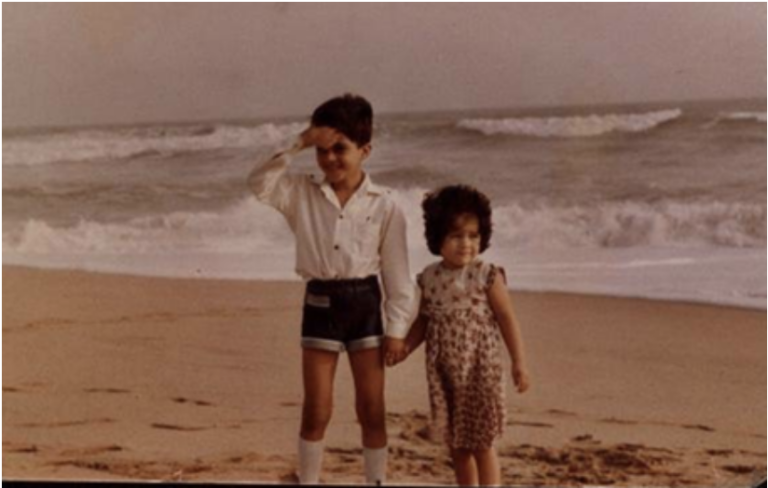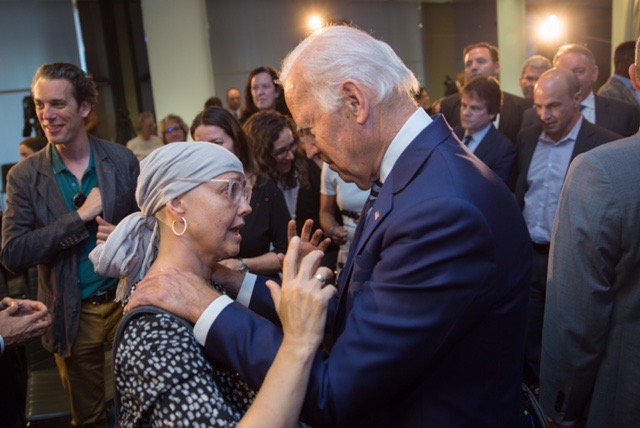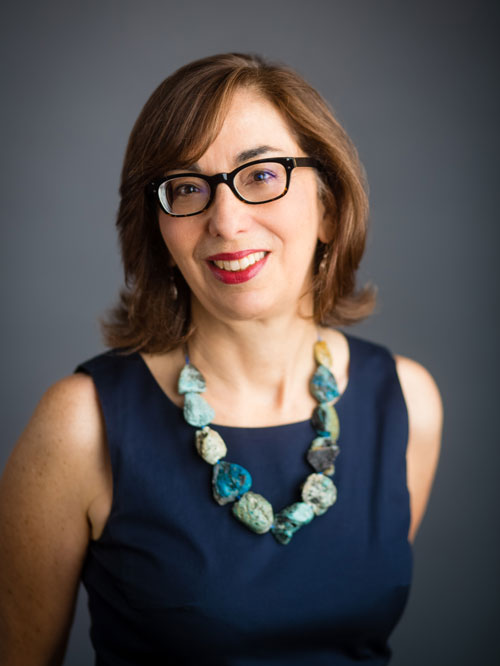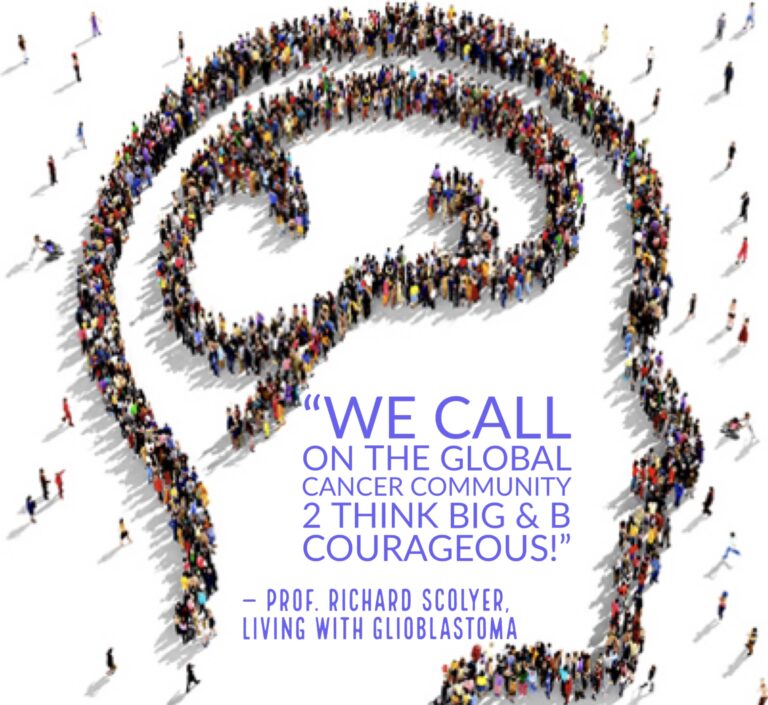PERSONAL STORIES
Ed Pilkington, Chair
NEWS May 2023
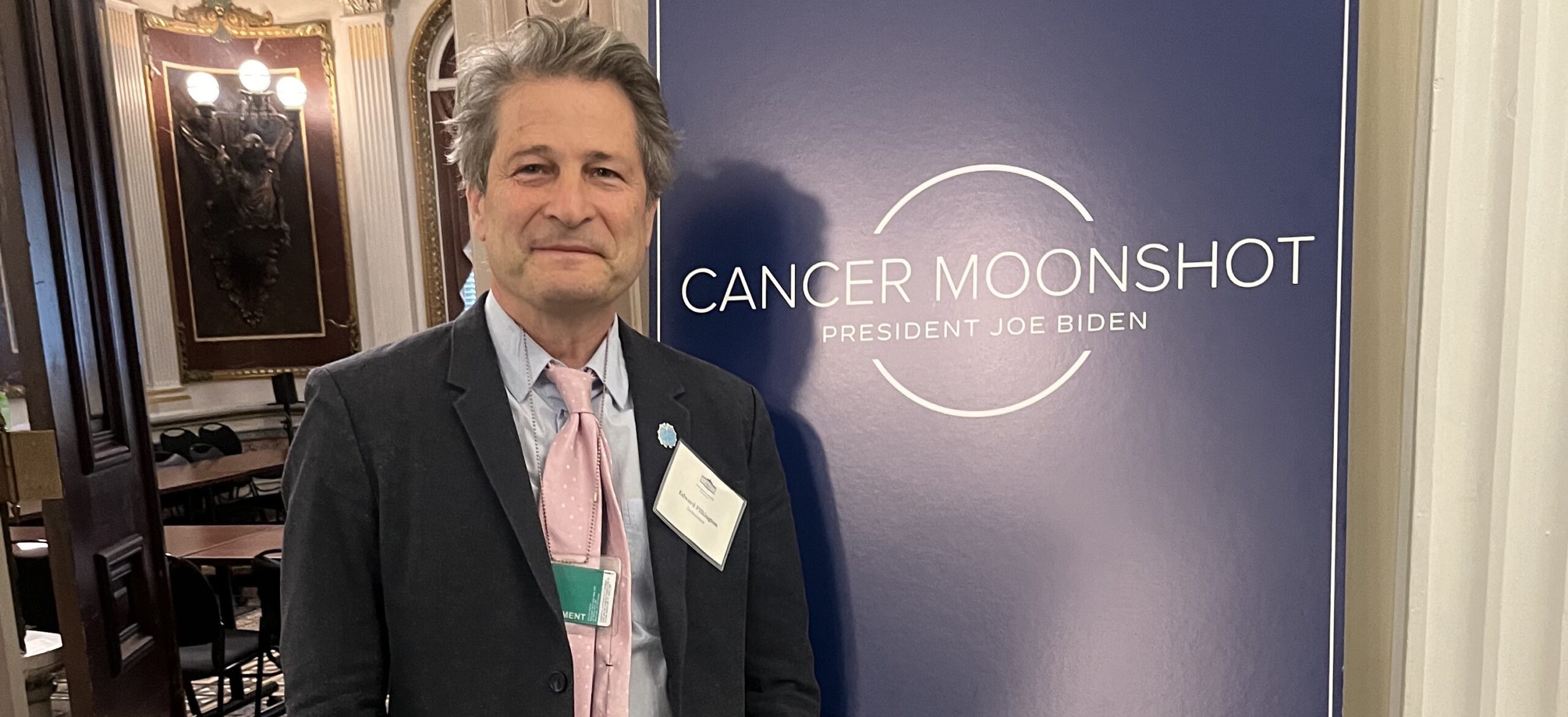
Ed Pilkington, Chair of OurBrainBank and widower of founder Jessica Morris, spoke at the Cancer Moonshot GBM and DIPG Forum at the White House.
When OurBrainBank was invited to join the first GBM forum of President Biden’s Cancer Moonshot initiative on May 25, we put our heads together and thought hard about the one message we wanted to get across at this significant event. In the end, we thought we should keep it simple: urgency.
We called for urgency because GBM patients and their loved ones lack one thing above all else: time. This disease is so brutal we cannot sit around waiting for bureaucratic barriers to work themselves out. We need action. We need faster FDA approvals of new treatments, we need genomic sequencing for everybody — why not make it standard of care? — and we need to reach patients who never see a neuro-oncologist, let alone receive personalized medicine.
The good news is that our message was heard and amplified around the room of about 70 top neuro-scientists and health strategists from around the country. There was a real sense of electricity — of urgency — in the room.
Mark Gilbert, head of the neuro-oncology branch of the Center for Cancer Research at the National Cancer Institute, proposed we treat GBM as an emergency — if you can do it with hurricanes why not with a terrible illness that will kill 19,000 Americans this year? You could apply the thought to individual patients too — whenever a GBM diagnosis is given, a bat phone should ring that places that person into a national framework of the very best care and experimental treatment possible.
All the main issues that OurBrainBank is wrestling with from the patient perspective were raised in our four-hour conversation. Starting with the need for the patient perspective to be front and center of the conversation. We are tired of being the subject of discussions about the way forward, we demand to be part of those discussions — as indeed we and a small number of other patient representatives were at the Moonshot forum.
President Biden set up Cancer Moonshot after his son Beau died of GBM in 2015, so this is personal for him. He has set a goal to cut the cancer death rate in half over the next 25 years — that’s about twice the current rate of progress — and to improve the experiences of patients and their families as they go through this journey.
Set against that ambitious goal, we heard depressing news that in some regards things are moving backwards. The FDA, the federal agency that approves new drugs, is still taking about 10 years on average from start of a clinical trial to approval. That’s far too slow. Michael Lim, a formidable neuro-oncologist at Stanford, said that average turnaround should be slashed to just four or five years. The proportion of clinical trials that reach their conclusion has actually declined in the last 10 years, a result of regulatory and commercial hurdles that stand in the way of developing new drugs. That’s alarming.
There was a lot of talk about big preoccupations of OurBrainBank’s — access to genomic sequencing of GBM tumors and better collection and sharing of patient data. The group agreed that data drawn from biopsy tissue as well as other sources such as blood sampling should be shared by default. There is no point collecting the data unless it is used, and for it to be used it has to be in a format that is universal and open to everybody. We agreed on that too, and for that to happen, major scientific institutions have to stop acting as though they live in a bubble in which everything they do occurs in isolation — they must work together and open themselves up to collaboration.
Another huge area of concern, which we are thinking a lot about at OurBrainBank, was patient equity. People in the room came from the big beasts of the GBM science world — Stanford, Duke, Harvard, UCSF, Penn, Memorial Sloan Kettering to name a few. But what happens to you if you are diagnosed with GBM in a small town in Mississippi? We heard that you are likely to present at a relatively small hospital which barely sees any GBM patients every year. There you will almost certainly be put under the knife by a neuro-surgeon who has little experience in operating on a brain tumor, and the chances of a good outcome are slim.
The finances of health insurance are such that it is in the interests of the surgeon to hang onto you, and get the money allocated for your surgery, rather than pass you on to a center of excellence where your prospects would be dramatically better. In the process it is unlikely that your tumor tissue will be stored properly, which will in turn make it harder for you to find appropriate clinical trials going forward. You may not be told about anything beyond the standard of care, in any case.
It is these people, in particular, who are desperately in need of a new sense of urgency. That’s what OurBrainBank is here to do. Please join us in that mission. We’ll keep banging that drum, we’ll keep calling for a state of emergency to be declared — and now we have the top GBM scientists and policy makers, as well as the President of the United States, on our side.
— Ed Pilkington, Chair of OurBrainBank
